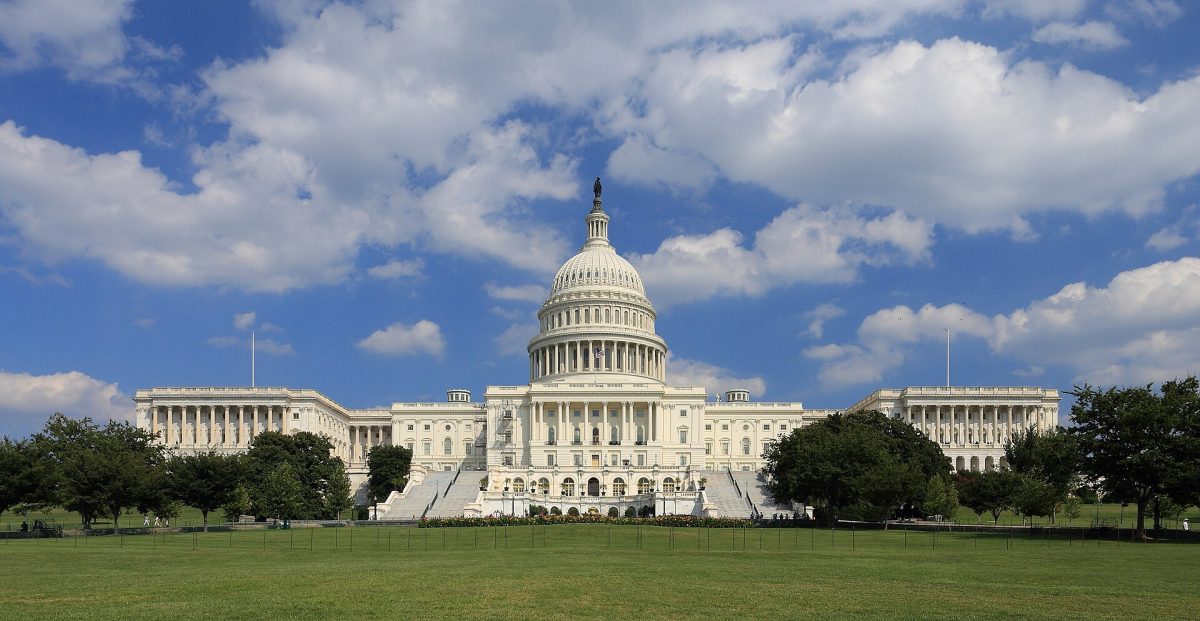Throughout the coronavirus pandemic, small businesses have been devastatingly affected. With many closing down after a significant loss in revenue, entrepreneurship is struggling to flourish in the United States.
Small businesses have many expenses, but the most important expense is the salary that workers are paid.
Compared to big businesses, small businesses do not generate as much money and, in many cases, not enough for their taxable income to make a big difference in the economy as a whole.
According to the Center on Budget and Policy Priorities, statistics show that eight in 10 small businesses make less than $50,000 annually in taxable income, barely coming close to paying the salary of a full-time worker if the tax was eliminated.
Big corporations on the other hand have had a better advantage, paying fewer taxes than small businesses.
Studies show that large corporations have a greater share of profits, revenue and assets while also paying lower wages. While charging higher prices, the services or goods provided are of low quality compared to small businesses.
Eventually, this one-up that big companies have over small businesses only grants them the ability to grow bigger and become even larger corporations.
By using foreign subsidiaries, where companies do not have to pay taxes earned abroad until the money is brought back to the United States, and holding money abroad for an indefinite time, large multinational companies are still able to save billions of dollars.
Big corporations are also able to give out stock options to workers as compensation for work, which eventually reduces taxes for them when the difference between what an employee pays for the stock and market value can then be claimed for tax deductions.
Because of the Tax Cuts and Jobs Act, signed by U.S. President Donald Trump in 2017, which has benefitted the richest fifth of Americans, the corporate tax rate has reduced from 35% to 21%. Even then, big corporations have found other ways to pay even fewer taxes.
In December 2019, the Institute of Taxation and Economic Policy published a report that found that 379 companies paid an average of 11% for the tax year.
Members of the working and lower classes are forced to make the hard choice of risking their own lives to go back into their workspaces, which requires them taking the risk of spreading the coronavirus to their families.
It is either this scenario, or workers staying at home and potentially failing to make ends meet. People of color have been disproportionately affected by the coronavirus for this very reason.
According to the Centers for Disease Control and Prevention, the Black community and the Hispanic community have each seen 2.8 times as many deaths as their white counterparts and 4.1 times more hospitalizations.
As they make up most of the working class, these communities are put at risk and have not been given the proper help to keep them out of work and help them survive.
That help starts with tax breaks for small businesses.








